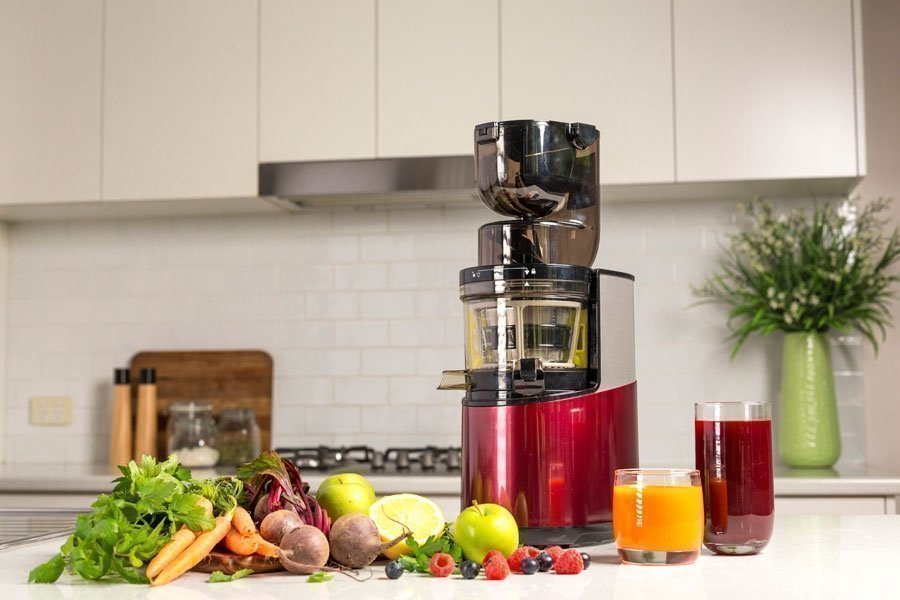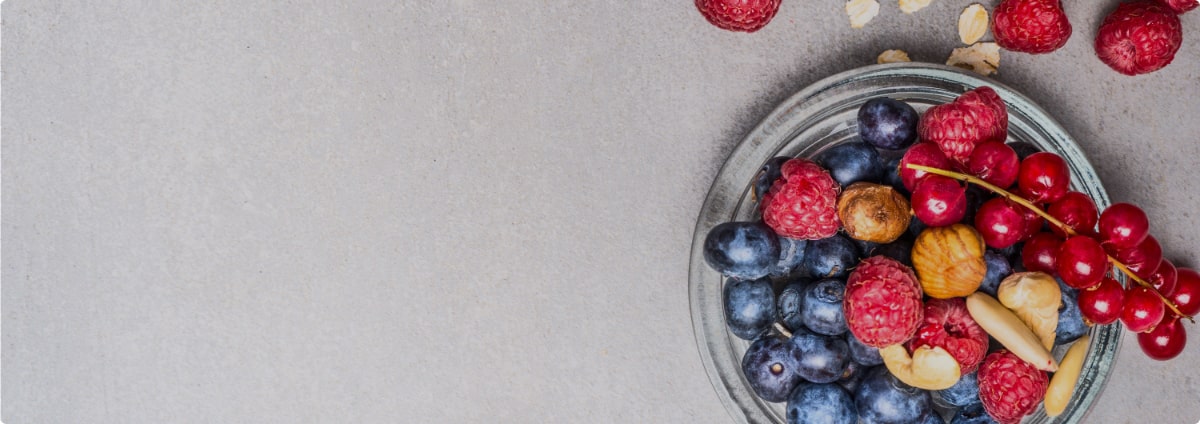Vitality 4 Life uses cookies to provide and improve our services, if you continue browsing, we consider that you accept its use. For more information, please see our privacy page.

Why should you choose a Ceramic Knife?
Ceramic knives are increasingly becoming more and more popular these days, but have you ever wondered why? Have you ever picked up your usual go-to knife at home to cut up tomato and realised that is it too dull to cut through the skin? Ever notice a weird metallic taste to your freshly chopped produce?
Most people have used stainless steel knives their whole lives and have come to expect the general upkeep that they require and the metallic taste that older knives can leave behind. Regular sharpening is needed to keep a good knife useful and the eventual staining and rust marks are just the way it is.
This is not the case with a ceramic knife. Ceramic knives will never corrode, as there is no metal to rust. The materials that make up a ceramic blade are very hard, in fact Zirconium dioxide or Zirconia (ZrO2) is rated 8-8.5 on Mohs* scale of hardness while Stainless Steel is only rated 5.5-6.3. Ceramic knives have been known to stay sharp for up to fifteen times longer than a stainless steel knife.
Ceramic knives are typically half the weight of a tradition knife and offer less strain on your arms and shoulders when being used for tasks that you have to perform repeatedly. Ceramic material is not very porous, and so this prevents the blade from transferring odours and tastes from one food to the next. Just simply rinse the blade with some warm water and it’s ready to go!
Ceramic knives are chemically inert this means that these knives won’t give your food a metallic taste or smell. Fruits and vegetables won’t oxidize (discolour) as quickly when cut with a ceramic knife as there are no metal ions present for the produce to react to. This makes ceramic knives perfect for preparing your fruits and vegetables for juicing, fruit salads, smoothies and raw food recipes.
These knives are not to be used for everything, as hardness doesn’t equal strength. Ceramic knives are not meant to be used to cut hard materials such as frozen food and bones. Ceramic blades are sharpened so fine that anything too hard may cause the blade to chip and dropping the knife on a hard surface could cause the knife to shatter.
These knives are designed to slice and cut up fruit, vegetables, boneless meat and fish expertly! Save any rough tasks for your handy butchers knife or your serrated bread knife.
THE ADVANTAGES OF A CERAMIC KNIFE:
- Never rusts;
- Never brown foods;
- Impervious to acids and oils (no corrosion or discolouration of the blade);
- Chemically inert - no metallic taste or smell;
- Lightweight – typically half the weight of a standard metal knife;
- Easy to clean;
- Stays sharp – doesn’t require sharpening;
- Doesn’t transfer flavour or odour from one food to another.
JUST REMEMBER A CERAMIC KNIFE…
- Are not designed to cut bone or frozen food;
- Can be broken/chipped if used incorrectly.
* The Mohs scale of mineral hardness characterises the scratch resistance of various minerals through the ability of a harder material to scratch a softer material.
[product id="1197"]
[product id="1200"]











